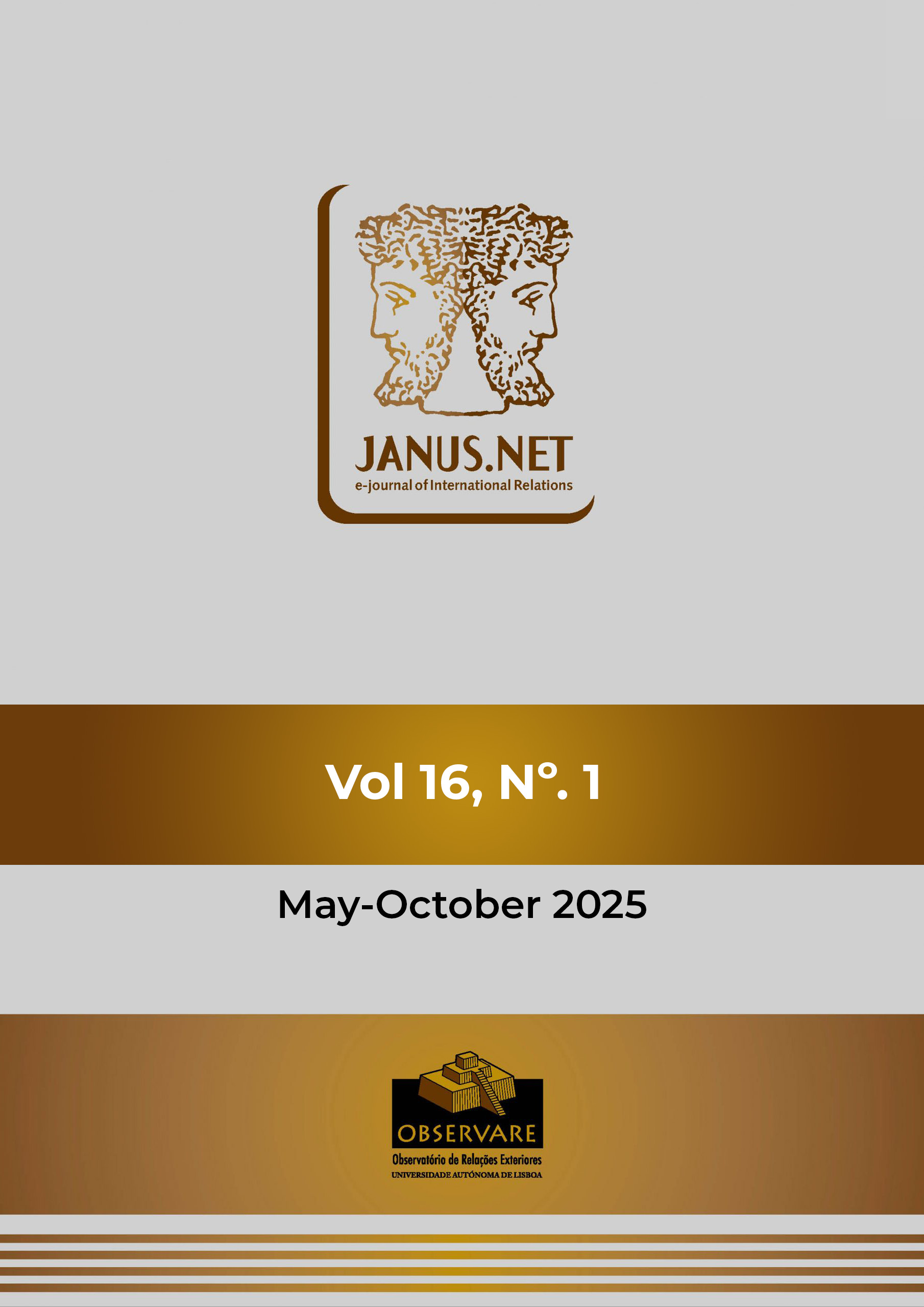The most recent studies in International Relations have given an epistemological turn where non-traditional aspects are included to explain international politics. The involvement of emotions allows us to broaden the instruments of analysis and tools for understanding the behavior of international actors. Based on the hybridization of anger as a negative emotion with the autocratic political regime, this article proposes the concept of angercracy as a characteristic in the ways of governing and interacting of authoritarian leaders. The proposal focuses on the case study of Russia’s 2022 invasion of Ukraine. Are Russia and Ukraine angry states? This research proves that anger is a useful framework within International Relations to interpret hostile actions between Moscow and Kiev. Through the review of specialized literature, primary and secondary sources were used to suggest that, while Vladimir Putin is an angercrat by governing from anger, Volodymyr Zelensky governs with anger after aggression. To assert the above, anger is understood as a negative emotion, subjectively experienced as a state of antagonism toward something that is perceived as the source of an adverse event. The perception of threat or violation of existential identity activates anger as a response and defense mechanism, which eventually translates into aggression against the other. Thus, Russia and Ukraine are angry states. Finally, this analysis intends to offer some ideas that may serve to continue the analysis of International Relations from the point of view of emotions, particularly from the point of view of anger.
IROCRACIA EN LA GUERRA ENTRE RUSIA Y UCRANIA ANGERCRACY IN THE RUSSIA-UKRAINE WAR
https://doi.org/10.26619/1647-7251.16.1.8
CÉSAR NIÑO
Abstract
Keywords
Angercracy, Russia, Ukraine, emotions, International Relations
Artigo publicado em 2025-05-20

